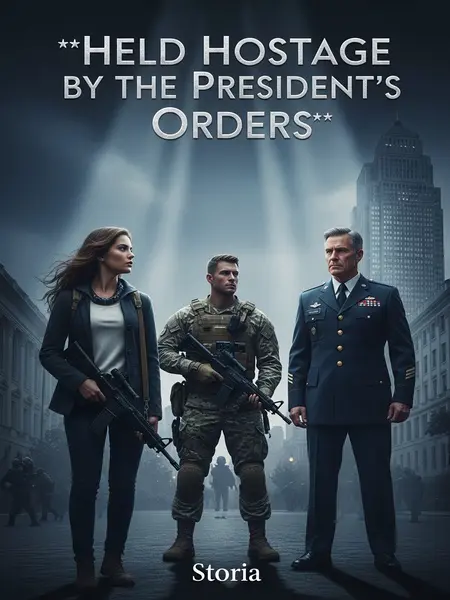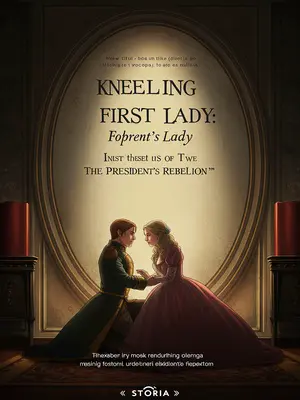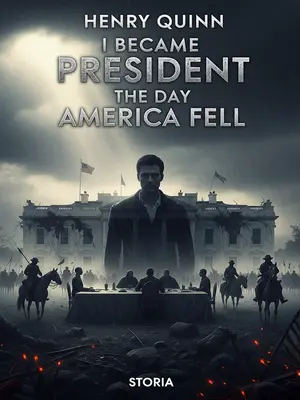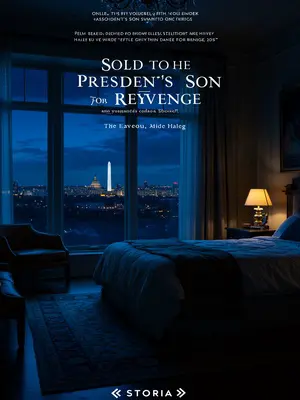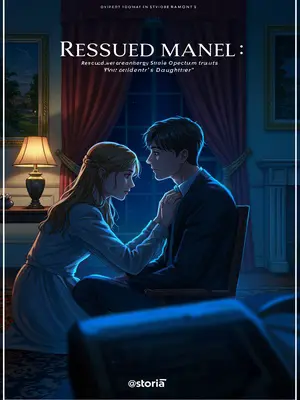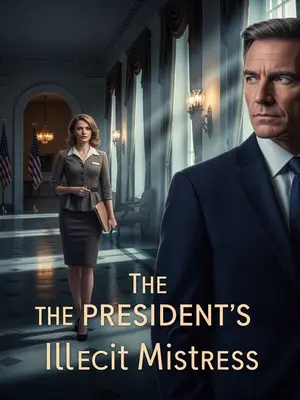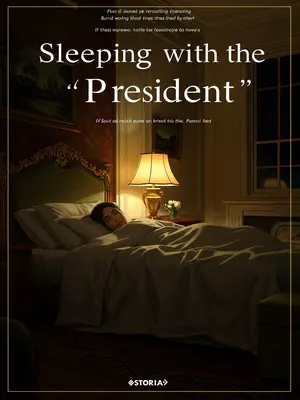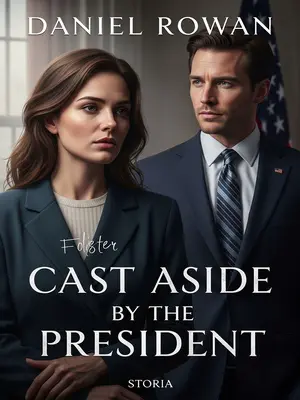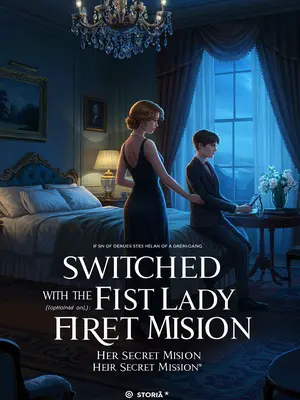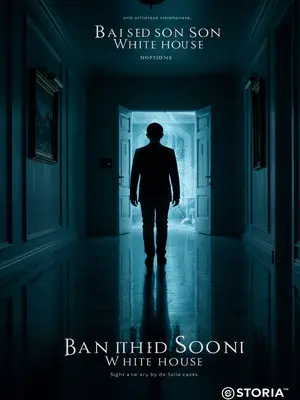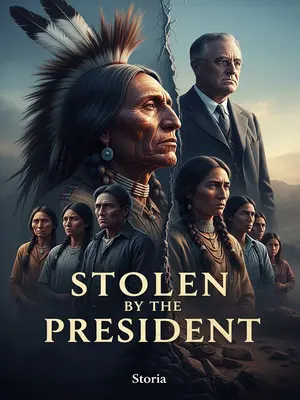Chapter 4: The Road to D.C.
I left part of the troops to defend against foreign threats, then led two hundred thousand men—claiming a million—south in grand formation.
Convoys of trucks and tanks rumbled down I-95, stretching for miles. The roar of engines was like thunder, flags snapping in the wind. We blasted Springsteen from the lead Humvee, a not-so-subtle message that the heart of America was on the move. At every rest stop, people stared wide-eyed as soldiers streamed in, grabbing black coffee and gas station donuts, ready to march on Washington.
Since I honestly had no idea how to command troops, I left all military affairs to Marcus and a few other officers.
I played the figurehead, smiling and shaking hands, letting the real brains handle the logistics. Marcus was in his element—barking orders, reading maps, and charming local sheriffs who’d grown up idolizing old war movies.
Ten years ago, when the country was in shambles, the whole northern defense collapsed. The current defense system was rebuilt by the original commander. In other words, from Maine to D.C., all the regional commanders had been promoted by the original commander himself.
Romance novels with female leads have a flaw: they insist on making both the male and female leads saints. That makes some plotlines awkward. But right now, it works for me.
My reputation is too good—or rather, Lillian’s reputation is too good…
All the regional commanders had received Lillian’s kindness. When they heard I was marching south to save her, they joined without hesitation.
Their calls came in one after another—crackly voices over battered radios, pledging support. In every small town, police and National Guard lined up to greet us, hats pressed to hearts, offering everything from tactical advice to homemade chili.
As for the regular folks, there’s even less to say…
Saying they “brought food and drink to welcome the army” would be an understatement—they were practically “giving up their homes to help the cause.”
At every crossroads, families waved flags, little kids handed out lemonade, grandmothers pressed Bibles and apple pies into our hands. The smell of grilling burgers and fresh-brewed coffee drifted from roadside stands, where folks in John Deere hats waved flags and handed out hot meals. Whole communities opened their doors, letting soldiers sleep in rec rooms and high school gyms. The generosity was overwhelming—a reminder that, despite everything, this was still the land of the free and the home of the brave.
“Sir, this is your only son, we can’t take him. Please, go home.”
“Our whole family survived because of Miss Harper. Now’s the time to repay her.”
The old man’s hands trembled as he offered the eggs, his eyes shining with gratitude. I squeezed his shoulder, wishing I had better words. In moments like this, the line between leader and neighbor blurred—it was all just family.
After a lot of convincing, we finally accepted just a carton of eggs from the old man and sent the family home.
How many times has this happened?
I’ve lost count. Since setting out, people who’d received Lillian’s kindness popped up from every corner, offering all sorts of help to the army.
And there were some oddities too:
A one-eyed lawn gnome, a fox howling at midnight yelling, “America will rise, Northern Commander for President,” a message in a bottle found in a catfish’s belly…
I shook my head, smiling at the strangeness that only America could muster. Someone even handed me a faded baseball signed by Cal Ripken Jr., insisting it would bring us luck in D.C. If nothing else, it made for a good story around the campfire.
To win the people’s hearts, I personally received many of them. But there were so many—even picking just a few left me exhausted.
My pockets were filled with trinkets—handmade bracelets, a battered harmonica, a child’s drawing of Miss Harper with a cape. In every palm I shook, there was a plea: bring her home. By the end of each day, I collapsed onto my cot, mind spinning from the sheer weight of their hope.
It wasn’t obvious during the day, but at night, from a hilltop, the people’s flashlights and lanterns formed a sea of stars. My two hundred thousand troops looked like a thin, pale ribbon in that ocean.
The view was breathtaking—endless pinpricks of light stretching to the horizon, like a Fourth of July that never ended. The scent of bonfires and grilling hot dogs drifted up, making the night feel less like war and more like a county fair.
Did the people love me because I loved Lillian, or did they love Lillian because I led them? In the dark, I couldn’t tell the difference anymore.
My thoughts tangled with the hum of crickets and the distant blare of a harmonica. I wondered, not for the first time, if love and power ever truly walked hand in hand in this country.
Within a few days, I led the vanguard to the outskirts of D.C.
Marcus sent out scouts to cut off the highways and block all news.
The radio static was thicker now—no news from the capital, no leaks, just the steady thrum of our own channels. The Beltway was locked down tighter than a winter storm. I felt a shiver of anticipation, the air heavy with the scent of coming rain and revolution.
So only now did the folks in the capital realize I had arrived—with my army.
Downtown, you could feel the panic ripple through the city—sirens in the distance, choppers circling overhead, the uneasy tension of a city on the brink. I watched the Capitol’s dome glimmer under the clouds, wondering how many more lives would be changed before sunrise.
